Children who ‘recover’ from autism still struggle
Some children with autism lose their diagnosis over time, but still struggle with language, learning and anxiety, says Lisa Shulman.
Expert opinions on trends and controversies in autism research.

Some children with autism lose their diagnosis over time, but still struggle with language, learning and anxiety, says Lisa Shulman.
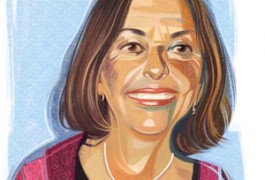
Trials to test drugs for autism suffer from subjective measurements and placebo effects. Helen Tager-Flusberg outlines how to ferret out the true effects of potential autism therapies.

A brain system called declarative memory may help people learn scripts and strategies that alleviate autism symptoms, say Michael Ullman and Mariel Pullman.
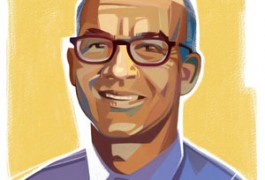
Anxiety is one of the most common mental health conditions, as well as one of the most treatable. But when a person has autism, anxiety symptoms can be hard to see. Matthew Siegel calls for anxiety tests and treatments that are tailored to people with autism.
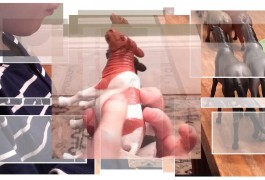
A struggle to predict what might happen next could account for the multiple, seemingly disparate, symptoms of autism, say Pawan Sinha, Margaret Kjelgaard and Annie Cardinaux.
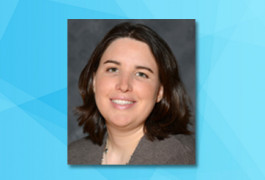
Adapting traditional tests of intelligence for people with intellectual disability can deflate their scores over time. Somer Bishop calls for tests that more accurately assess intelligence in this group.
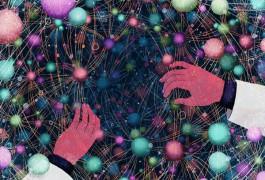
To optimize the search for autism genes, researchers should collect large numbers of sequences — but the sequences need to be of the right kind, says Michael Ronemus.
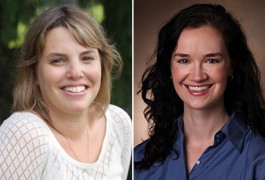
Two new studies explore the link between autism and aggression — a controversial connection that weighs heavily on individuals with the disorder and their families.

Many studies have found differences in the brains of young infants later diagnosed with autism. But to call this a biomarker requires independent validation, time and patience, says Helen Tager-Flusberg.






